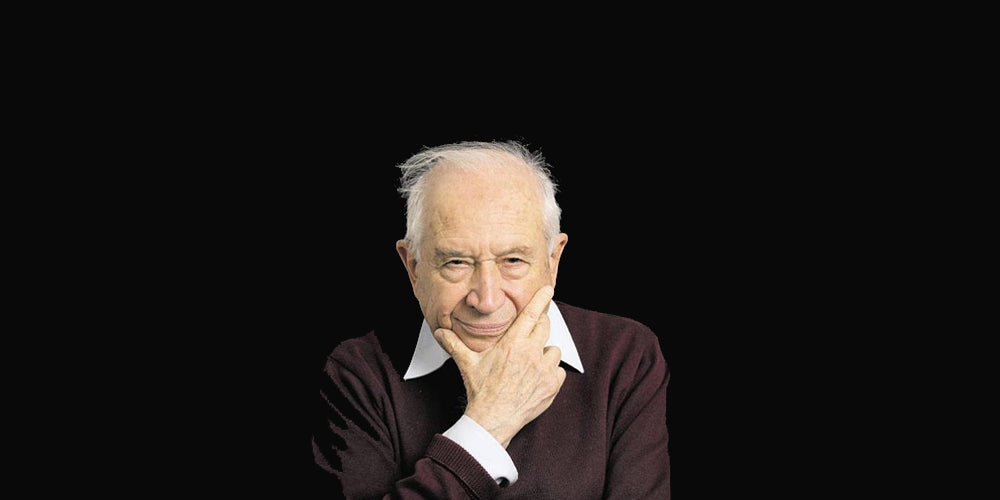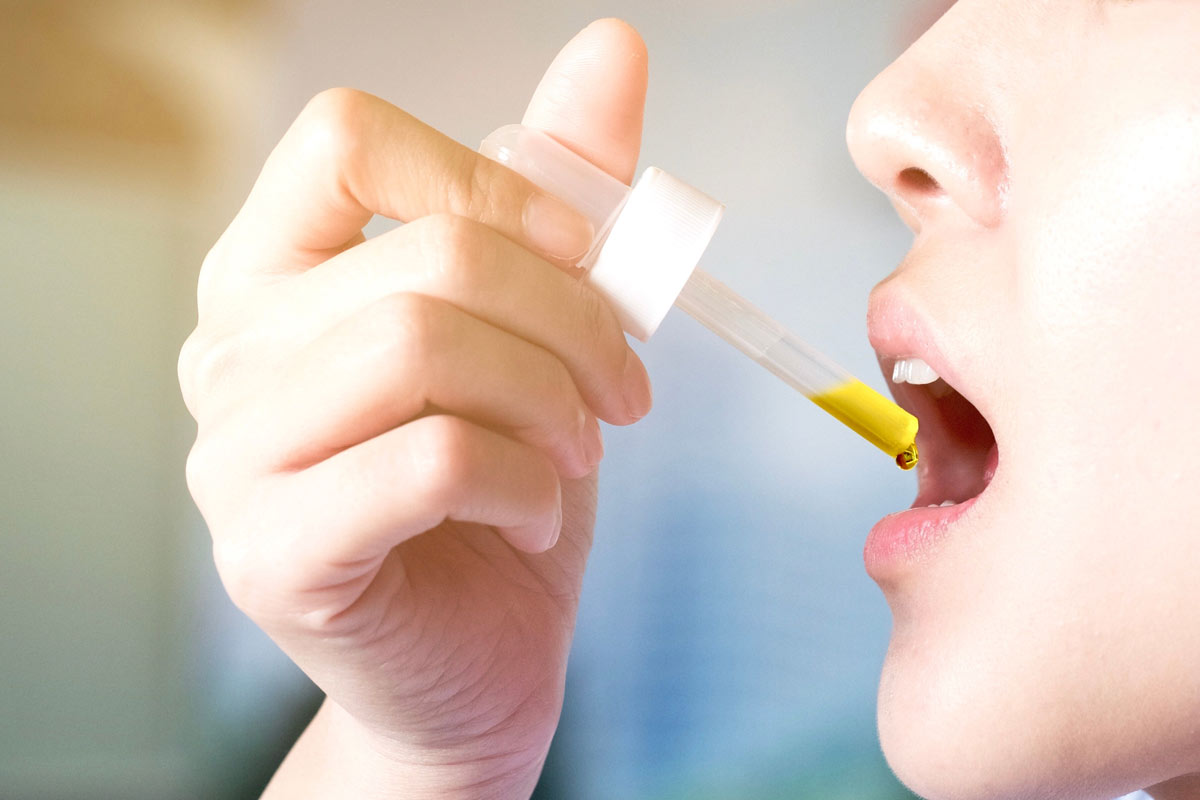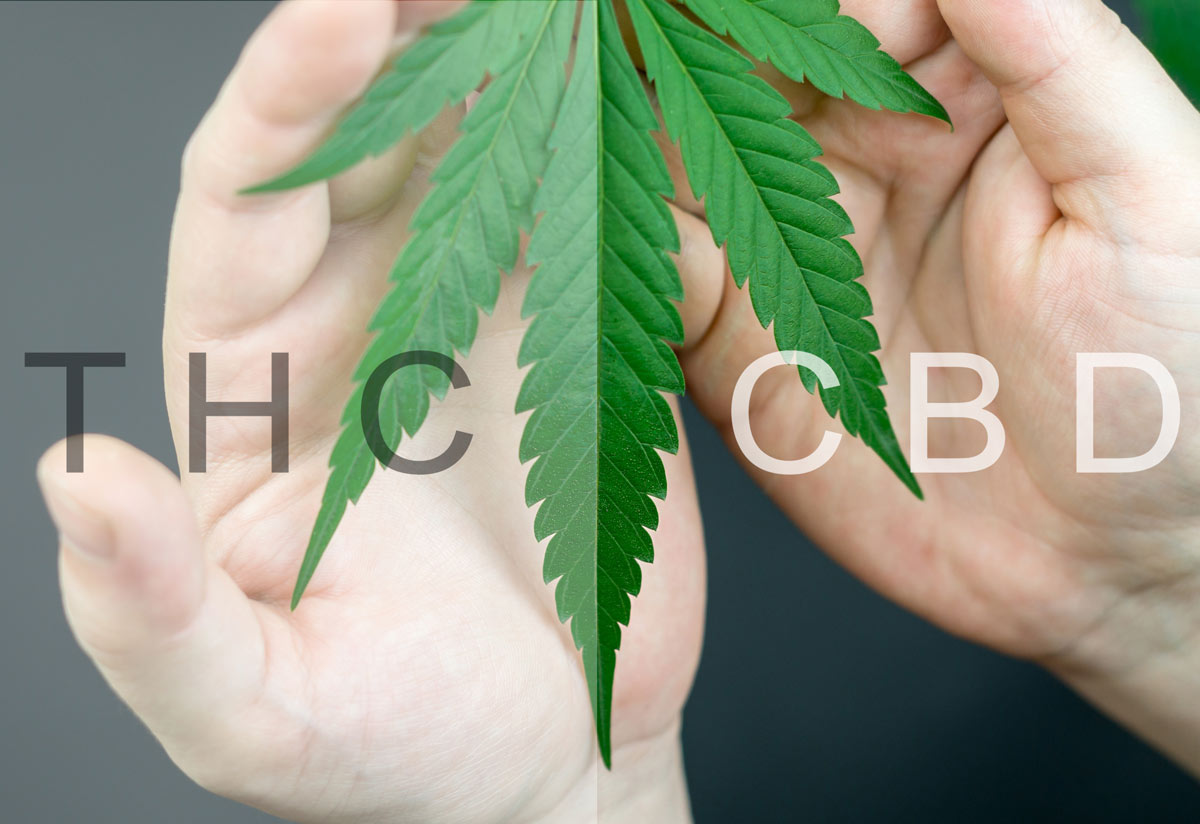
The Father of Cannabis: Dr. Raphael Mechoulam
WRITTEN BY MELANIE FLORES AND DR. SWATHI
Who is Dr. Raphael Mechoulam?
He is an Israeli scientist and a professor of medicinal chemistry at the Hebrew University of Jerusalem. In the 1960s, Dr. Mecholam made a breakthrough in cannabis research when he became the first person to isolate and synthesize key cannabinoids in the cannabis plant–THC and CBD. His lab was also the first set of researchers to discover the endocannabinoid system in the human body. Twenty years after the discovery of the major cannabinoids (THC and CBD), Dr. Mechoulam showed that CBD can be used to control seizures in patients suffering from secondary generalized epilepsy. This discovery prompted the initial interest of the pharmaceutical industry to use CBD in a therapeutic manner. This eventually led to the FDA approval of the prescription medication, Epidiolex, a CBD isolate, for the treatment of epilepsy in 2018. He has also served as president of the International Cannabinoid Research Society and won numerous international awards and honorary degrees in the scientific community. Dr. Raphael Meholulam has contributed tremendously to the advancement of cannabis research in the last 50 years and still continues to develop novel cannabinoids and study how the cannabis plant can beneficially affect receptors in the human body.
Current Research
Dr. Mechoulam is now currently working on developing a new family of synthetic fully stable cannabinoid acid molecules that are being shown to have a higher potency compared to existing cannabinoids and that potentially have therapeutic effects to humans. Cannabinoid acid molecules are the precursors to CBD and THC and had been too unstable to use as therapeutics in the past. Mechoulam and his lab are looking to take the cannabidiol acids and stabilize them through a chemical process called esterification. He has been working with a U.S. pharmaceutical company, EPM, to develop these cannabinoid acid molecules as potential medical treatments (to learn more about cannabinoid acid molecules or other minor cannabinoids, check out this article [link to new article about minor cannabinoids]. These products are being looked at as potential adjunctive treatments for IBD and Psoriasis, as they have been hypothesized to have powerful anti-anxiety and anti-nausea properties. It is postulated that cannabidiolic acid at low doses is more potent than THC or CBD, but research is needed to clarify this hypothesis.
Takeaway
Dr. Raphael Mecholulam has made momentous discoveries involving the cannabis plant that have helped to advocate for the use of cannabis as a medicinal treatment and catapult it into mainstream scientific discussion. Rightfully earning the nickname, the Father of Cannabis, he has sixty years experience (and counting) in cannabis research and the world awaits his teams’ new advancements in the upcoming years.
References
- Cunha JM, Carlini EA, Pereira AE, Ramos OL, Pimentel C, Gagliardi R, Sanvito WL, Lander N, Mechoulam R. Chronic administration of cannabidiol to healthy volunteers and epileptic patients. Pharmacology. 1980;21(3):175-85.
- Mechoulam R, Parker LA. The endocannabinoid system and the brain. Annu Rev Psychol. 2013;64:21-47.
- Pertwee RG, Rock EM, Guenther K, Limebeer CL, Stevenson LA, Haj C, Smoum R, Parker LA, Mechoulam R. Cannabidiolic acid methyl ester, a stable synthetic analogue of cannabidiolic acid, can produce 5-HT1A receptor-mediated suppression of nausea and anxiety in rats. Br J Pharmacol. 2018;175(1):100-112. doi: 10.1111/bph.14073.
--
This article was edited by Dr. Swathi and was written by Element Apothec Scientific Communications Intern, Melanie Flores. She is a Doctor of Pharmacy (PharmD) student at Oregon State University and Oregon Health & Science University College of Pharmacy in Portland, Oregon.











